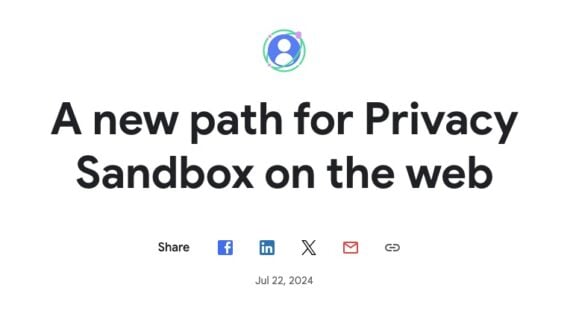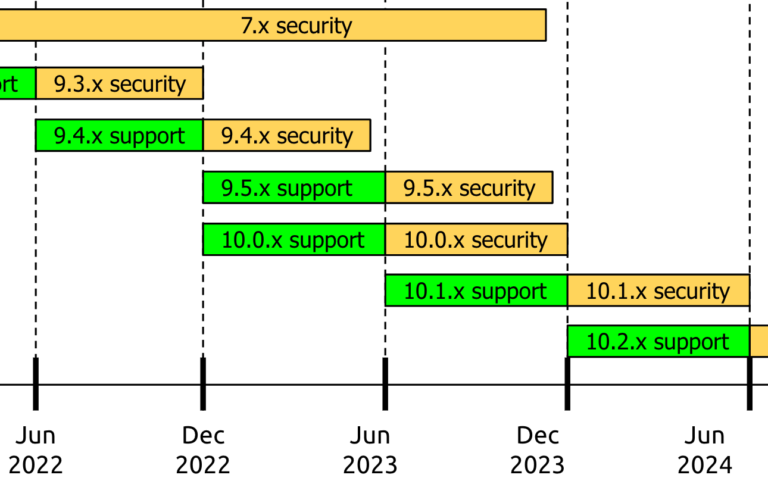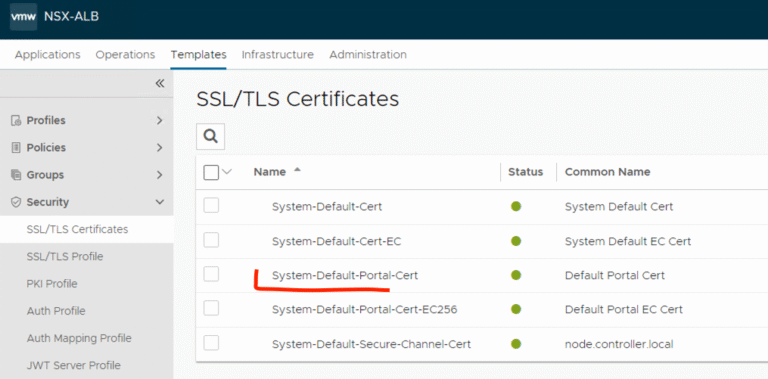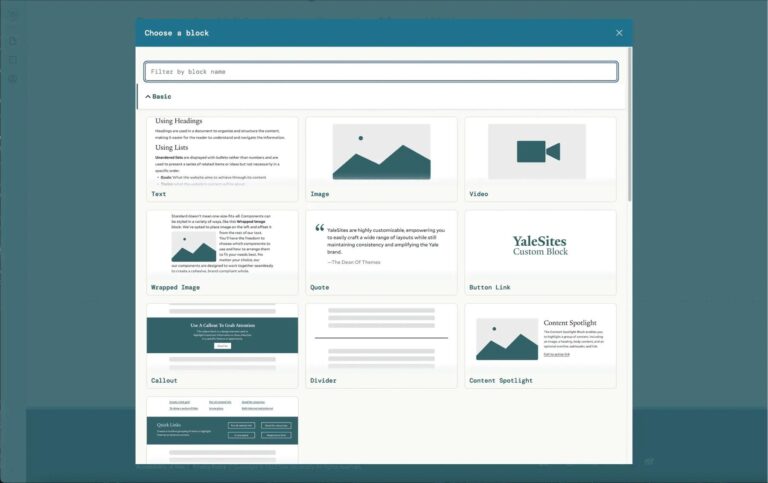Google announced on July 22, 2024, that it would not remove third-party tracking cookies from the Chrome browser after all, leaving many advertisers to wonder, “What now?”
“We are proposing an updated approach [to tracking cookie depreciation] that elevates user choice,” wrote Anthony Chavez, Google’s Privacy Sandbox vice president. “Instead of deprecating third-party cookies, we would introduce a new experience in Chrome that lets people make an informed choice that applies across their web browsing.”

Google announced its “new path” for cookies on July 22.
Privacy advocates have warned for decades about the tiny bits of code we lovingly call cookies since, when placed in a web browser, they could track individuals across websites, Google search queries, location, and other behaviors.
Yet third-party or tracking cookies have legitimate uses for cross-site personalization, targeted advertising, and website analytics.
Regardless, all this data collection means Google, Criteo, and others know loads about nearly every person online, making “internet privacy” a thin veneer.
Thus Google has promised for roughly five years to remove tracking cookies, but no more. The reversal has advertisers wondering about the future.
I see five considerations.
Will Regulators Approve?
Google’s plan to keep cookies and its Privacy Sandbox must still pass regulatory muster.
Simon Poulton, executive vice president of innovation and growth at Tinuiti, a marketing firm, wrote to Practical Ecommerce in an email that regulatory approval was the “elephant in the room” when discussing Google’s decision.
Google faces scrutiny from governmental agencies interested in consumer privacy while also negotiating with agencies that rely on cookies and fear their elimination enhances Google’s own ad platform.
This latter group includes the U.K.’s Competition and Markets Authority (CMA), which is investigating Google’s Privacy Sandbox. The CMA was concerned that ad targeting via the Sandbox (Topics API, for example) extended Google’s dominance in the digital advertising industry.
Referring to a briefing Tinuiti released in April of this year, Poulton wrote, “As part of our coverage, we noted that privacy and competition are in direct, insoluble tension.”
“We went so far as to suggest that Google would be unable to move on an absolute deprecation (and transition to the Privacy Sandbox) under the current circumstances,” continued Poulton.
Given Google’s announcement, this seems to have been the case.
For its part, the CMA noted on its website, “The CMA will now work closely with the [Information Commissioner’s Office] to carefully consider Google’s new approach to Privacy Sandbox.”
Thus Chrome, third-party cookies, and the Privacy Sandbox can likely proceed as Google’s Chavez proposes, but there’s no certainty.
Does Google Benefit?
The CMA and others have argued that Google’s Privacy Sandbox would have strengthened the company’s position in the ad business since targeting would rely on its technology.
“The fear is that Google’s new [Sandbox] framework might limit competition by making it more challenging for other companies to operate effectively in the ad space,” wrote Piotr Korzeniowski, CEO of Piwik Pro, an analytics platform, in an email.
But others argue that tracking cookies fuel Google’s existing ad business.
So which is it?
“Google is in a precarious position to own the most popular browser, advertising network, and many more ‘most popular’ digital products and services,” wrote Korzeniowski.
Hence Google’s decision to keep cookies and still move forward with the Privacy Sandbox presumably wasn’t so much about what benefited its own ad business as taking a balanced approach for its entire company, customers, and regulators.
Industry Preference?
Assume that all the various regulatory bodies, whether focused on privacy or competition, approve of Google’s “new path for Privacy Sandbox on the web.” Will industry participants such as Tinuiti and Piwik Pro choose cookies or the Sandbox?
“As privacy awareness increases, more users are expected to opt out of cookies, especially with more stringent regulations, clearer opt-out mechanisms, and rising consumer awareness of the topic,” Korzeniowski added. “Google’s plan to integrate the consent mechanism into browsers is a bold move. However, they did not plan this without ensuring it wouldn’t significantly impact their data collection and advertising business. I bet they will keep opt-ins above 70% because of how they design the mechanism.”
Walled Gardens
Third-party tracking differs from first-party. For example, TikTok does not require a tracking cookie to know what interests visitors; it has first-party data.
Tinuiti’s Poulton wrote, “Keep in mind that [third-party] cookies have no bearing on search or social (or any walled garden) tracking or advertising performance. So, while this is big news, I constantly remind folks that many advertisers on Meta, Amazon, and Google-owned platforms would not see any impact from [third-party] cookie deprecation, anyway.”
One could argue that even those platforms benefit from third-party data, but Instagram and Facebook advertisers, for example, are not likely impacted much in the near term.
However, eliminating tracking cookies would disrupt many others, such as services that place ads on publisher websites, email messages, and streaming videos.
Advertisers
The final takeaway from Google’s cookie announcement is that digital advertising is changing: We could have both cookies and the Sandbox. What worked five years ago may not now or in the future.
What won’t change is the value of first-party data. That’s what advertisers should focus on in this new advertising era.






